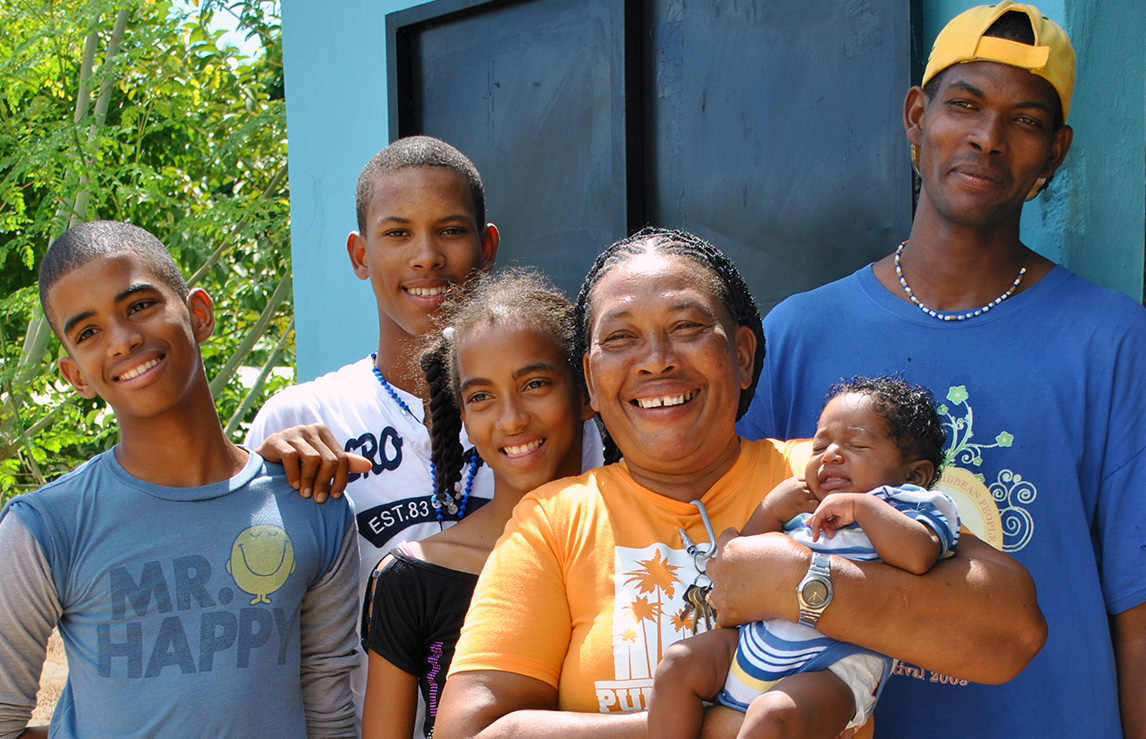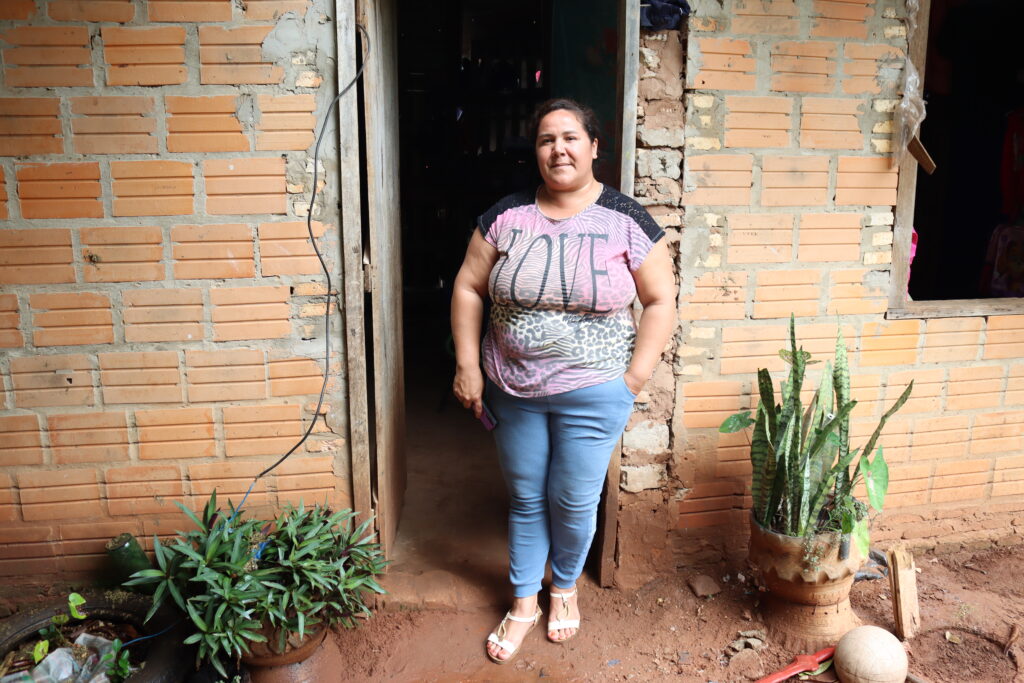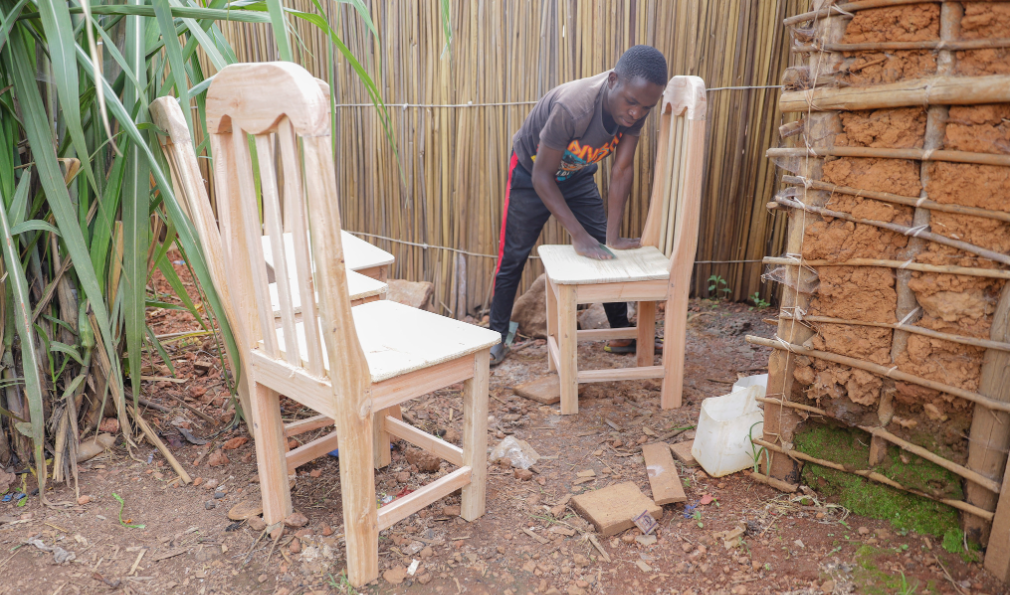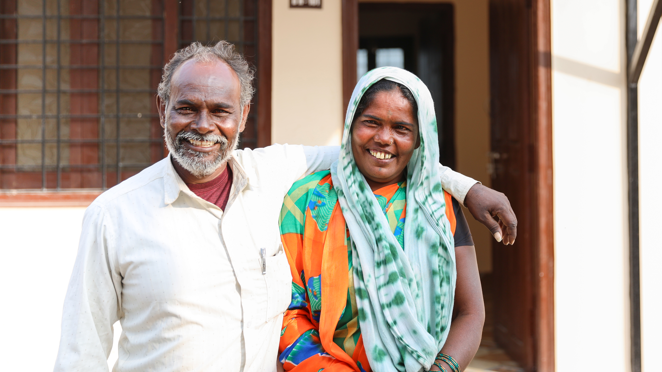Fighting Poverty Globally
Through Homes for HOPE projects, we fight global poverty though
Christ-centered microenterprise development programs.
WHAT IS MICRO-ENTERPRISE DEVELOPMENT?
Christ-Centered Micro-enterprise Development is more than simple charity, it’s a hand-up, not a hand-out.
Read more stories of transformation.
2024 Homes for HOPE award honoree Sonia Solis
PARAGUAY - 2024 Homes for HOPE award honoree Sonia Solis. For mothers all around the world, providing for their children while being present and available is a consistent challenge.
Finding Home | Saidi’s story
BURUNDI - According to the UNHCR (the United Nations High Commissioner for Refugees), 99% of the 85,200 refugees and asylum seekers living in Burundi come from the neighboring Democratic Republic of Congo (UNHCR, 2024). This was the story for Saidi Sango living in the Kavumu camp in Burundi. Life was difficult as a refugee, and resources were often scarce.
“God has Blessed Me and Transformed my Life” | Akash and Anika’s* story
SOUTH ASIA - For Akash and Anika, the road to a safe home and healthy family has not been easy. They experienced shame and were mocked for their poor living conditions. Living in a small hut, all they had for a roof was a tarp that left them exposed to winds and heavy rains. They had to build fires to prepare meals for their family, and often could only find wet wood for cooking. “We used to live [in] a very filthy hut surrounded by rats and snakes for the past 12 years. We faced many struggles.” Grateful to find work laboring in a rock quarry in South Asia, this couple knows how hard life can be.
HOW IT WORKS
IMPACT ON FAMILIES
Our goal is to support programs where families experience true and lasting change across four domains: spiritual, social, material, and personal.

EQUIPPED TO PROVIDE
SOCIALLY CONNECTED
PERSONAL DEVELOPMENT
SPIRITUAL REVIVAL
GLOBAL IMPACT
You partnership goes to support Christ-centered micro-enterprise development ministries in 16 countries around the world.
*Country names have been withheld for security.
AFRICA
Burundi
Kenya
Malawi
Republic of Congo
Rwanda
Tanzania
Uganda
Zambia
Zimbabwe
EASTERN EUROPE
Moldova
Romania
Ukraine
ASIA*
Indonesia
Philippines
South Asia*
Thailand
LATIN AMERICA
Dominican Republic
El Salvadore
Guatemala
Haiti
Paragua
Peru
98%
% of Loans Repaid
(Network Wide)
+2.5 Million
Clients Currently Being Served
2850
Clients Served by a Home For Hope
HOPE INTERNATIONAL FAQ
How does HOPE combine discipleship and poverty alleviation?
For what types of businesses can HOPE-network clients receive loans?
How do you decide who you will give a loan to?
What is a typical loan size for a HOPE-network client?
Do people repay their loans from HOPE?
HOPE has a loan repayment rate of 97.5% in 2019.





